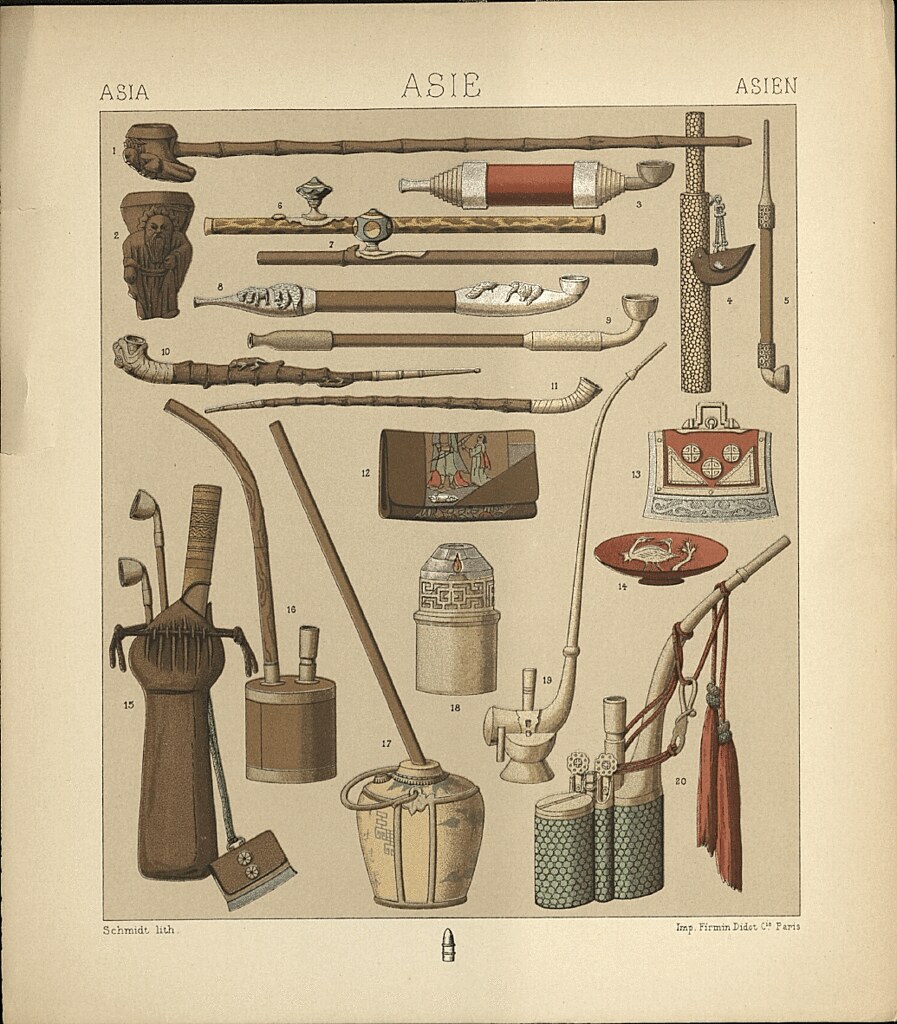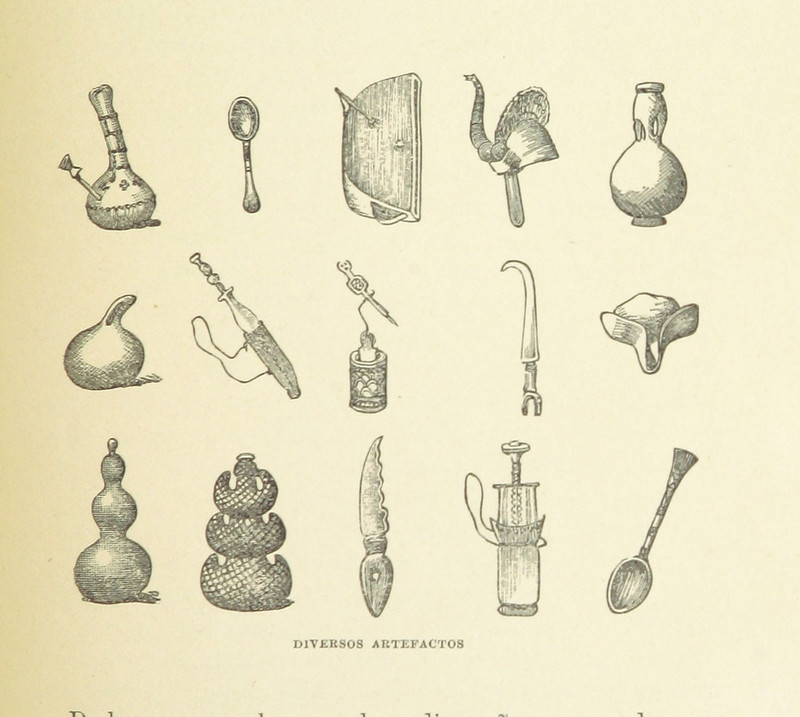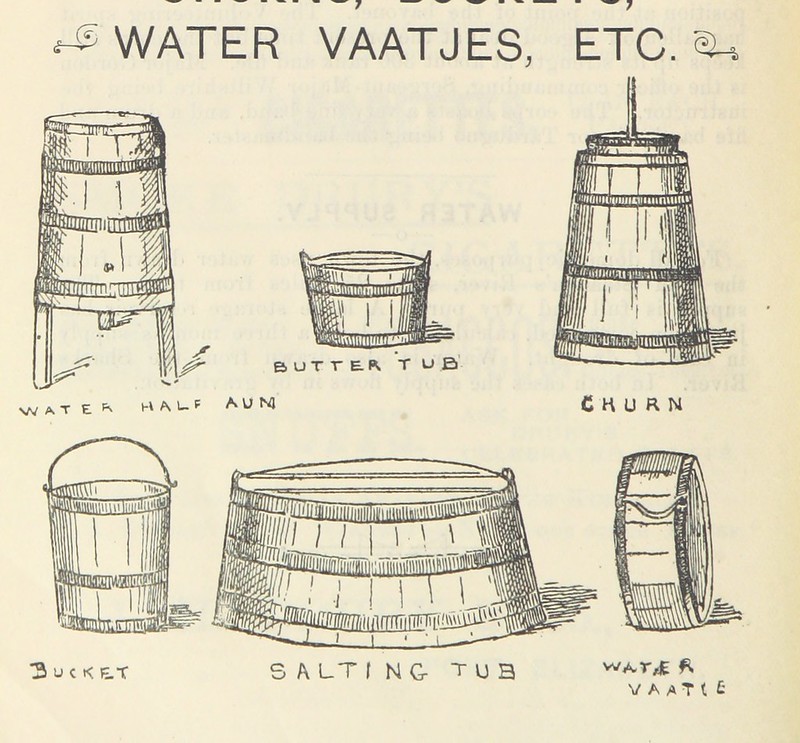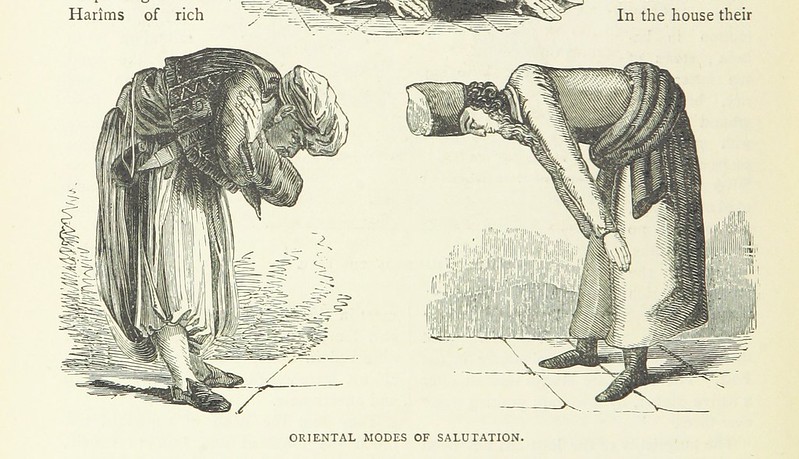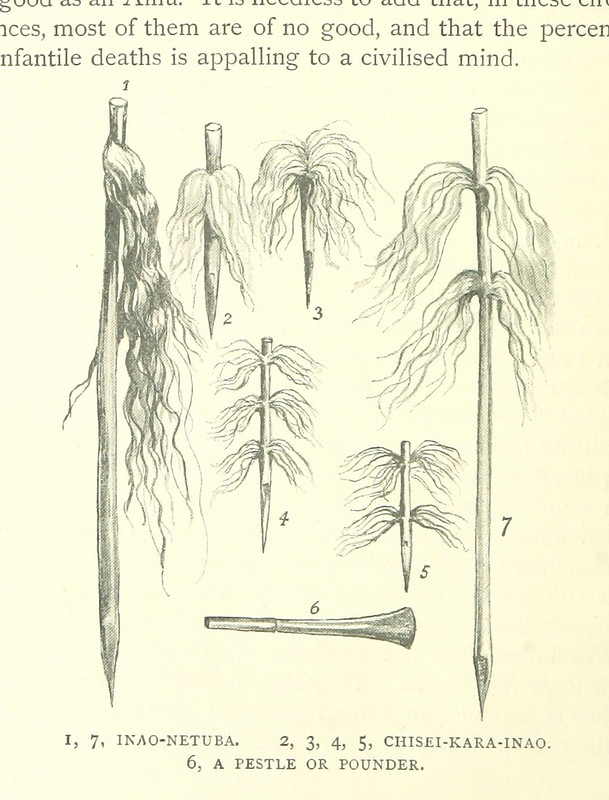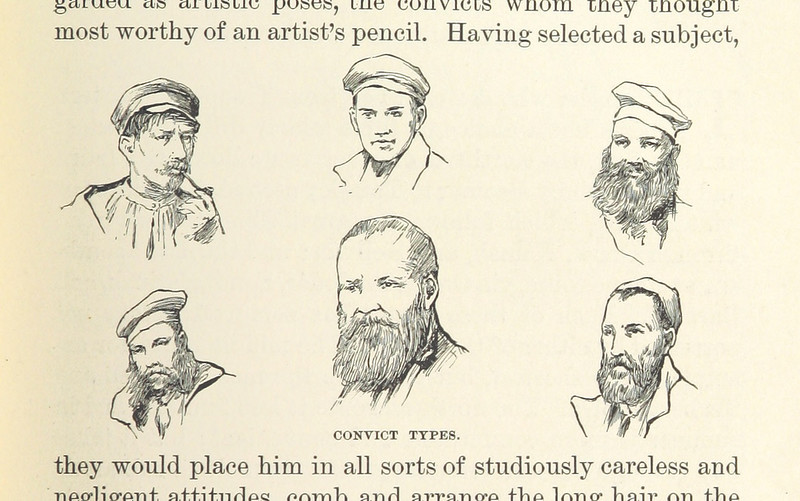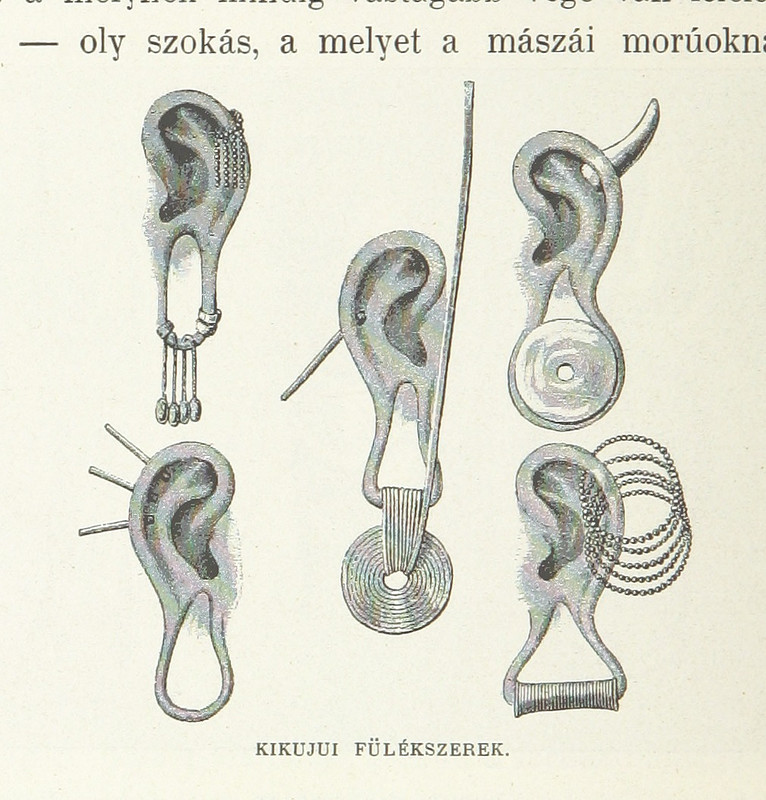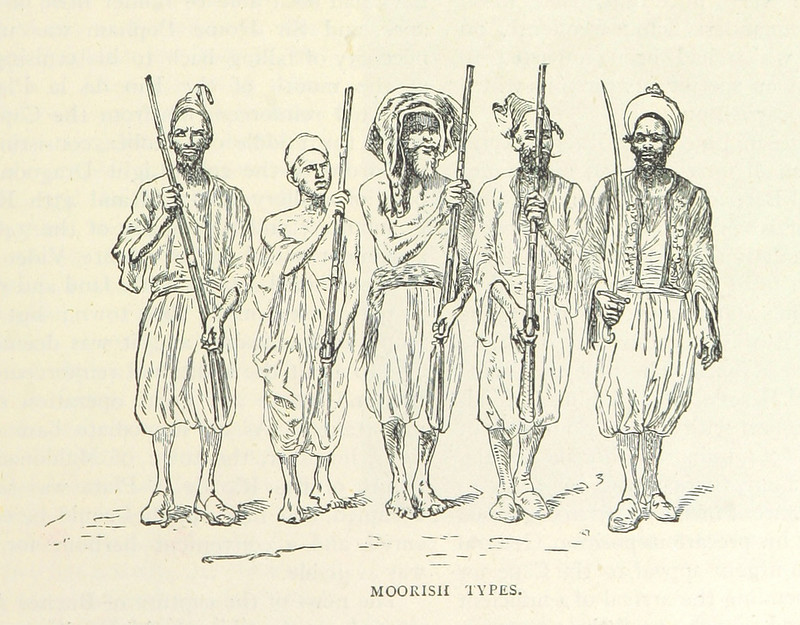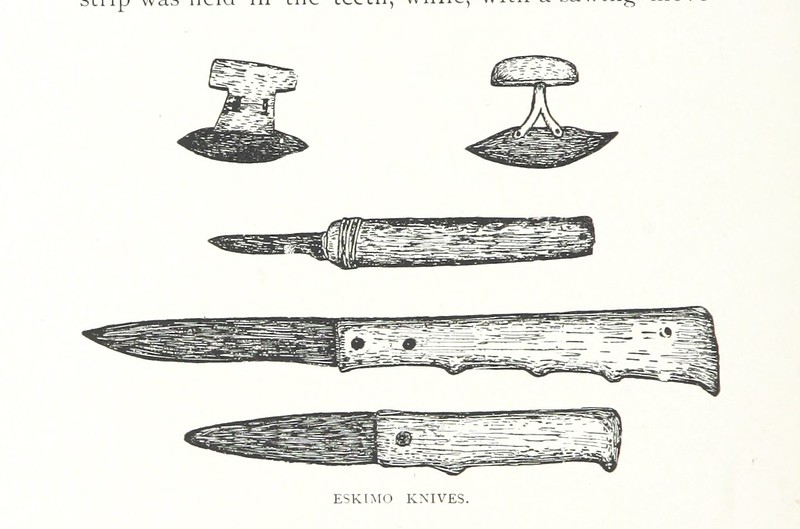The defining instinct of the traditional orientalist was to essentialize. Cataloguing diversity, somewhat paradoxically, represented an integral tool for essentialization. Scholars devoted much of the 19th century to compiling encyclopedic entries showing variations on a theme – native pipes, native weapons, natives, mechanical objects and domestic animals – all in the hopes of better understanding the essence of these categories themselves. The results of such endeavors included scientific medicine and scientific racism. For those who got to enjoy the benefits of the former without the latter it was a great deal: no polio or discrimination. For those who suffered discrimination so severe they did not benefit from the good parts, it was an insidious tradeoff. For most everyone else, the result was something of a mixed bag.
Today the urge to catalogue lives on today as a singular 19th century aesthetic. Compiled below, from the amazing Flickr archives of the British Library, are some singular examples of the genre: “Diverse Objects,” Eskimo Knives, Earrings, Wash Tubs, Pigs, Bicycles, Criminal Types, Bulgarian Types, and so much more
Cassell's Illustrated History of the Russo-Turkish War
The Guide to Port Elizabeth. Illustrated
Palestine Past and Present
Six Years of Adventure in the Congoland
Antropologia generale. Lezioni su l'uomo secondo la teoria dell'evoluzione ... raccolte e pubblicate ... da G. Raverdino e G. B. Vigo
Dinosaurs, silk worms, blow darts and so much more after the break...
Today the urge to catalogue lives on today as a singular 19th century aesthetic. Compiled below, from the amazing Flickr archives of the British Library, are some singular examples of the genre: “Diverse Objects,” Eskimo Knives, Earrings, Wash Tubs, Pigs, Bicycles, Criminal Types, Bulgarian Types, and so much more
Cassell's Illustrated History of the Russo-Turkish War
The Guide to Port Elizabeth. Illustrated
Palestine Past and Present
Six Years of Adventure in the Congoland
Dinosaurs, silk worms, blow darts and so much more after the break...





